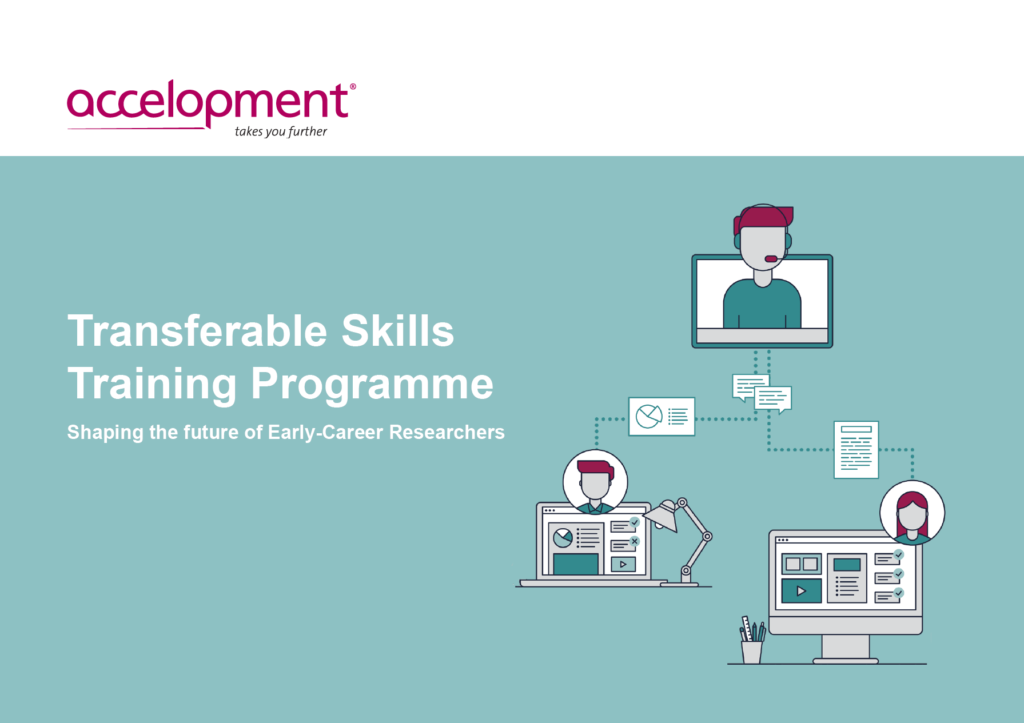On Friday 24 March, the early-career researchers involved in the CLASSY and CORENET projects had the opportunity to explore the basics of science communication and how to transform scientific information into engaging narratives. The accelopment team, who are partners in both projects, shared some of their expertise as communications leads in EU-funded projects through a two-hour training session on science communication.
The online training module was organised for both the CLASSY and CORENET projects to build upon their synergies in terms of team members and research topics. Both led by the Biohybrid Materials and Systems Chemistry Research group of Prof. Andres de la Escosura (UAM), involving the collaboration with Prof. Wilhelm Huck’s group (RU) and accelopment in the lead of their communication, dissemination and exploitation activities, they are highly innovative projects pushing beyond the state of the art in chemical sciences and funded under the EIC and FET-Open programmes, respectively. As the accelopment team has been developing its Transferable Skills Training Programme specifically designed for early-career researchers, it was now a great opportunity to bring together the two projects and help enhance the promotion of their research.

Customised to the participants’ interests and needs, the session focused on translating complex concepts into accessible information for diverse audiences. Starting from the basics of good science communication, the interactive session included tips for writing news pieces, practical examples of how to create appealing videos and some brushstrokes on social media, guiding the participants on how to start introducing themselves and their research to the community. As just a first peak into the broad world of science communication, the session aimed to expand the PhD students and Postdoc’s communication skillset, to hopefully benefit them throughout their current research projects and future careers.
Communicating science to a broad range of audiences is a valuable skill that is becoming more and more important for ESRs, especially in the digital age with the increase of digital communication channels and platforms. So now is the time to go for new communication actions to showcase the latest advances in the field of chemical sciences and increase the network of the early-career researchers involved in both projects.
Follow @CLASSY_H2020 to stay tuned on the upcoming project updates and to see the first outcomes of the training session.
